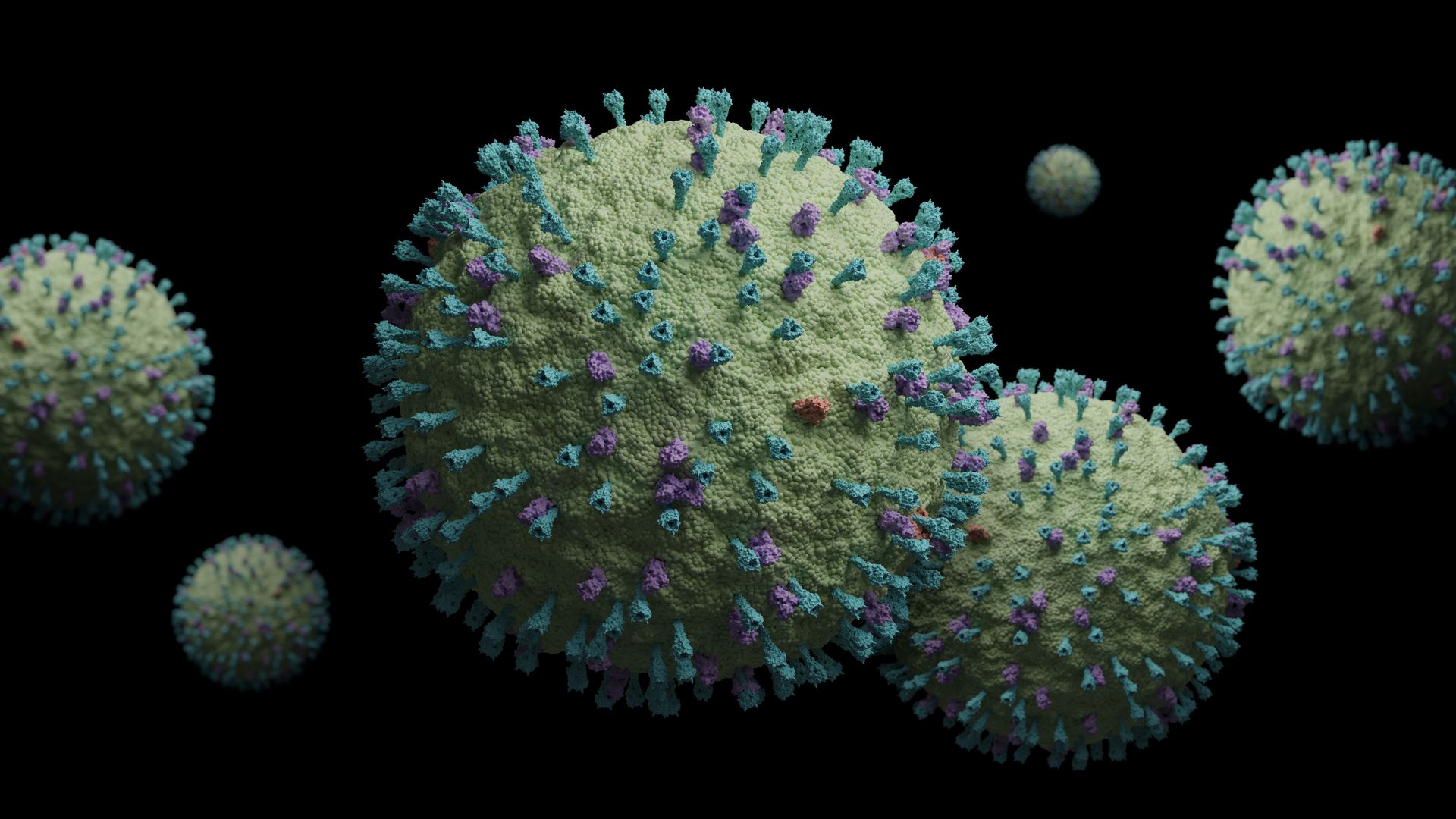It has the fatality rate of Ebola – so what is Disease X?
As we learned for ourselves thanks to covid, humans aren’t usually very good at planning ahead for things that might or might not not happen. We had the knowledge, we knew the risks, we understood exactly how to prepare for a pandemic, and scientists were begging the government to act... but they didn’t. And then came covid.
At one stage the
Information Commissioner's Office had to order the government to release an unpublished report into Exercise Cygnus,
the infamous 2016 exercise designed to test the UK's preparedness for a flu pandemic.
These days the public has a heightened awareness of new infectious threats to human health. While the covid buzz has died right down we’re still seeing a steady stream of new variants turning up, some of which make it into the media and others that sink without a trace, deemed not bad enough to bother with.
There are fresh threats in the wind too, the latest being ‘Disease X’. As experts in the UV light disinfection sector, we know how important it is to keep a finger on the pulse of the pandemic risk we constantly face in the UK. So here’s what we know about Disease X so far.
About Disease X
On January 15th 2024 world leaders will discuss preparations for the next pandemic. The talks take place at the annual World Economic Forum in Davos, where global experts will explore the potential pandemic risk posed by Disease X. Apparently it’s an important agenda item.
Why the fuss? The WHO has sent out new warnings that a so-far-unidentified disease could kill twenty times more of us than covid. Covid killed 10,000 people globally during December 2023 alone. New York’s suffering from a big covid wave right now.
The grand global total death toll for covid is 6,991,829 (at 14th January 2024), which means a Disease X outbreak could kill as many as 1.4 billion of us.
“As infectious as measles with a fatality rate as high as Ebola”
Scientists say Disease X is classified as an illness that’s
“as infectious as measles with the fatality rate of Ebola”.
The WHO says a pandemic of this type is ‘more of a probability rather than possibility’.
Scientists at the government’s high security Porton Down lab in Wiltshire are working on vaccine preparedness right now. They and others want the government to begin making plans now.
On the bright side, if there is one, so far the disease is literally unknown. The experts have created a ‘threat list’ of animal viruses that could infect humans and spread like wildfire, and they don’t know which of them is going to be the next pandemic. They just know that one of them, or something very like one of them, will ultimately become the Disease X everyone’s dreading.
The idea is to force the government to prepare this time around so we’re ready when the worst case scenario happens. Then, when Disease X emerges, as much of the essential work as possible will have been done in advance.
Worldwide, £1.15 billion has been pledged so far to help scientists prepare for whatever Disease X will eventually bring. Our government has promised £160 million and the Gates Foundation and Wellcome Trust have also contributed.
At the same time the NHS is understandably concerned, keen to prepare well in advance so they’re ready next time. As Mark Woolhouse, professor of infectious disease epidemiology at the University of Edinburgh, said,
“You could use the phrase ‘it is when, not if’. We can’t put a handle on when, of course. The precise mechanism by which a virus comes out is always extremely unpredictable. You can never predict precise events, so you have to do it on sort of statistical grounds probability.”
Do the wise thing - plan ahead!
As Psychology Today reports, humans are notoriously bad at long-term planning. But that’s exactly what we’re going to have to do if we want to handle the next pandemic wisely and well.
The kind of forward-thinking we need applies to everyone from members of the government and the NHS to businesses and individuals. And one exceptionally good way to plan ahead for health and hygiene is to fit safe, powerful UV light disinfection units at your premises. It kills viruses, bacteria, moulds, spores and more fast and well, and it’s an affordable common sense choice.
If you’d like a no-obligation discussion about how UV light can disinfect your business and keep you going through thick and thin, get in touch.










